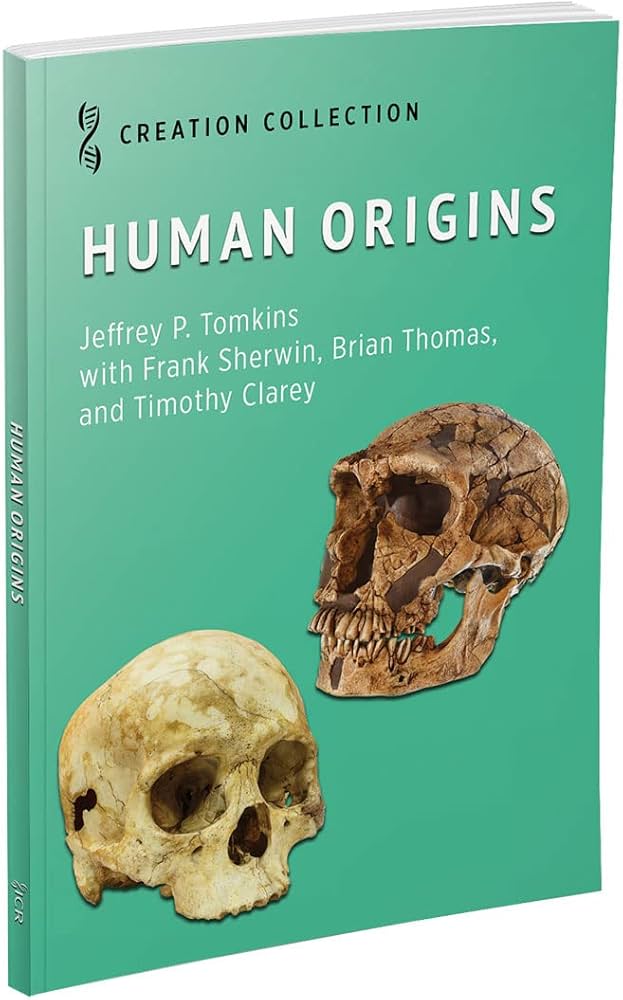Dialogue 2008 #1
It is normal to want to be unique isn’t it? Some people however don’t want to be special. Many astronomers do not like the idea that we live at a special time in the history of the universe or in an especially nice region of space. The reason many scientists do not like any suggestion of special conditions is because such conditions lead to questions about why we live at a special time or in a special place. Special conditions suggest that events are not determined by chance, but by something else such as the supernatural power of God. Many astronomers are most anxious to avoid such suggestions. Read the rest of this entry »
The Creation Science Association of Alberta is delighted to announce that palaeontologist Kurt Wise has agreed to speak in Edmonton on the weekend of October 18, 2008. Few scientists anywhere can boast the depth of experience of Dr. Wise. Read the rest of this entry »
In April 2006 Neil Shubin and others published an account of Tiktaalik, a fish fossil from Ellesmere Island in Canada’s north. More recently, scientists and the media alike have hailed this fossil as incontrovertible proof that the creationists are wrong. This fossil supposedly demonstrates that some fish developed legs in place of fins and left their watery habitat to “invade the land”. Read the rest of this entry »
A new movie is scheduled for showing in theatres during the spring of 2008. It is not your average movie fare. This one, although entertaining, has the objective of educating the public about an issue of great importance. The film is actually one skirmish in a bitter battle for the hearts and minds of North Americans. Read the rest of this entry »
Many people think we can depend upon scientists to draw dependable conclusions. Recent events in the field of environmental science however, throw some interesting light on this issue. When it is evident that a mistake has been made, do scientists change their minds? Not necessarily. The story of atmospheric ozone and the Montreal Protocol, is a case in point. Read the rest of this entry »
Have you ever noticed how hard it is to persuade young people (or anybody for that matter) to read useful or improving literature? If it isn’t on the course, and if it doesn’t count for marks, few people will even open a book’s cover. An obvious choice to counteract that attitude is the comic book. Comics are certainly painless to read. A marginally interested individual is more likely to dip into such a book, and to proceed farther, than a person might in a book with prose and illustrations. The operative question then is whether such a format can usefully communicate information to teenage and twenty-something age readers. Read the rest of this entry »








